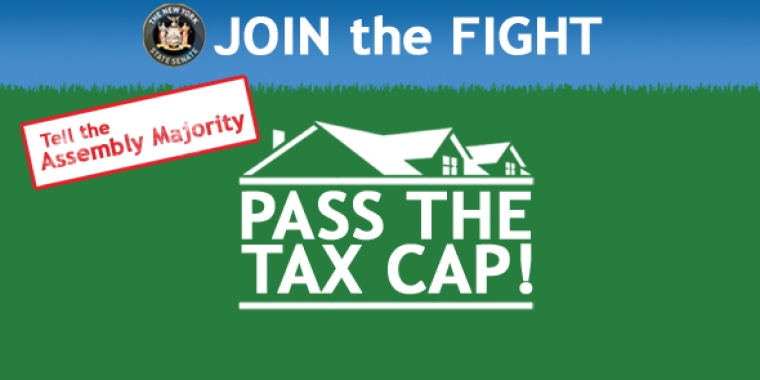
New York's Greatest Export - People
James L. Seward
October 29, 2009
As the birds fly south for the winter, they are joined by a host of New Yorkers. While the birds will return when the weather improves next spring, the people are only coming back if our economy makes an about face.
According to a recently released study by the Empire Center for New York State Policy, we are losing residents in droves. From 2000 to 2008, New York experienced the nation's largest loss of residents to other states—a net domestic migration outflow of over 1.5 million, or 8 percent of its population at the start of the decade. This rate of loss means our most valuable resource, our people, is being eroded at an alarming pace.
Amazingly, even with this great loss, New York’s overall population has actually grown over this same period. The Empire State, it seems, is a great magnet for immigrants from foreign countries. But an analysis of the numbers does not produce pleasant results. Households moving out of New York State had average incomes 13 percent higher than those moving into New York during the most recent year for which such data are available. In 2006-07 alone, the migration flow out of New York drained $4.3 billion in taxpayer income from the state.
What this means is that while our tax base is dwindling, increased pressure is being placed on public services. Established families and individuals who spend their hard earned money on goods and services are being replaced, in many cases, by those who are just starting out. Local government and public service agencies that are already stretched are now assisting more and more people. So those who remain are left footing a bigger share of the bill.
So why are we losing our best and brightest? The Empire Center report focuses the blame squarely on New York’s extremely high state and local tax burden, a burden which keeps rising. In fact, according to the Tax Foundation, between 1977 and 2008, New York has ranked first or second in the country for its state-local tax burden compared to the U.S. average.
This most recent state budget, which I opposed, will only compound the situation. Families are looking at new taxes and fees totaling $2,400 a year, hardly an enticement to stay put, and definitely not the best item to include in a welcome basket for any new arrivals to our state.
The report makes other unflattering assertions as well. For instance:
-Downstate residents face high taxes and housing costs rated among the most “severely unaffordable” in the world;
-In upstate New York, housing is relatively inexpensive but even more heavily taxed and new economic opportunities have become scarce.
The report concludes by saying that New York government needs to construct policies aimed at slowing down and ultimately reversing the state’s population drain. Cleary, I agree and stand ready to work toward a winning solution.
The state is facing a multi-billion dollar budget deficit and legislators will be returning to Albany to deal with the situation. As I have stated in the past, we need to reduce state spending through commonsense cuts and fully examine ways to rollback some of the most onerous tax increases that are breaking families and bankrupting our small businesses. Just as importantly though, increasing economic opportunities must be part of the plan.
Increasing the availability of low cost power, job training services and job creation credits are just a few examples of what can be done to level the playing field for our long-standing economic partners. Business-friendly initiatives will also work to our advantage as we try to attract new companies to set up shop in New York.
We need to start taking steps in a positive direction to turn the exodus around and reroute the moving vans. The message coming out of New York needs to be ‘we are open for business’, instead of ‘moving sale, everything must go.’
Share this Article or Press Release
Newsroom
Go to NewsroomSeward Toasts Small Business Milestone
April 27, 2011
Mohawk Infrastructure Improvements Complete
April 15, 2011

Property Tax Cap, Mandate Relief Needed Now
April 12, 2011

